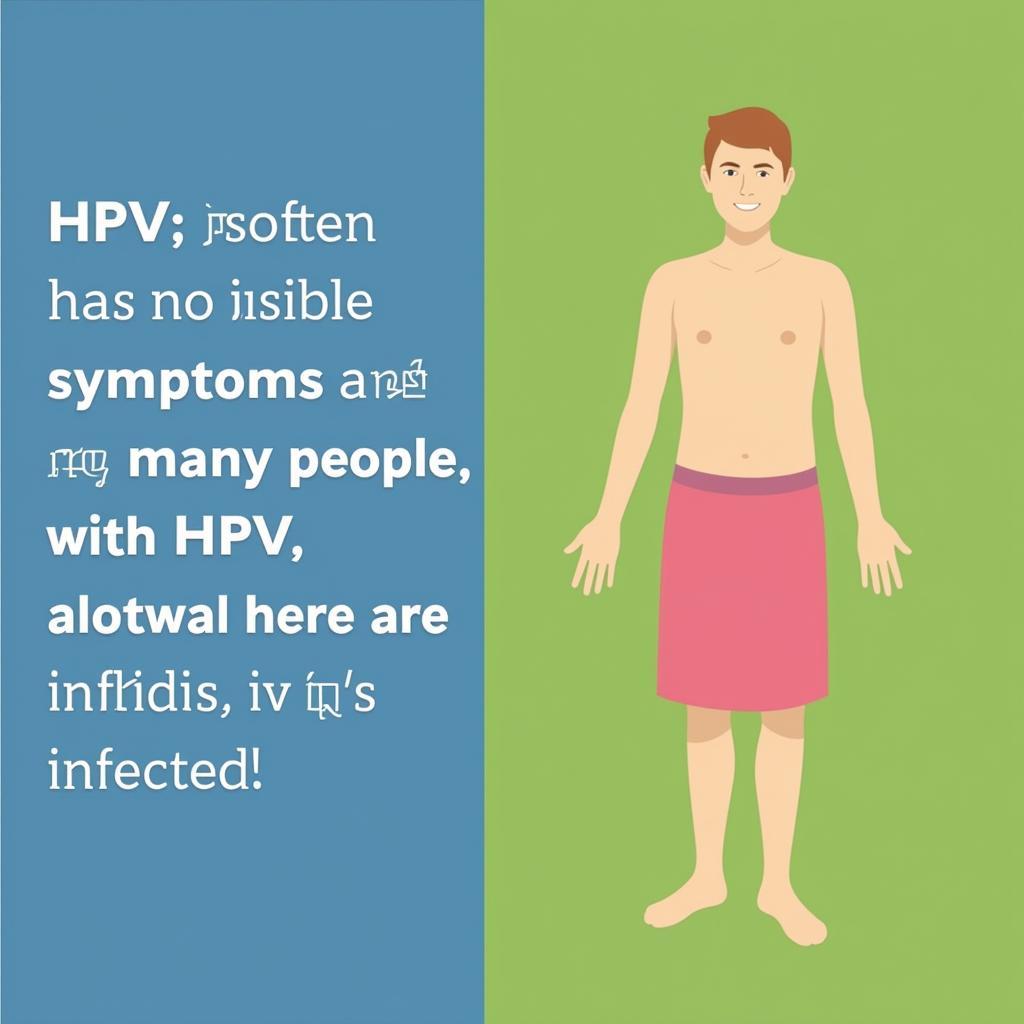HPV, or human papillomavirus, is a common sexually transmitted infection. Understanding how HPV is transmitted is crucial for prevention. Unfortunately, many myths surround HPV transmission, leading to misinformation and unnecessary anxiety. This article debunks eight common myths about how HPV spreads.
Myth 1: HPV is only transmitted through sexual intercourse.
While sexual intercourse is the most common mode of transmission, HPV can also spread through skin-to-skin contact in the genital area. This means that even without penetration, HPV can be transmitted. Other forms of sexual activity, such as oral sex and anal sex, can also transmit the virus.
Myth 2: Only women can get HPV.
HPV affects both men and women. While some strains can cause cervical cancer in women, other strains can lead to genital warts and other cancers in both sexes. Men can also be carriers of the virus and transmit it to their partners.
Myth 3: Condoms offer complete protection against HPV.
While condoms are essential for safer sex and can reduce the risk of HPV transmission, they do not offer complete protection. HPV can be present on skin not covered by a condom, leading to infection.
Myth 4: You can tell if someone has HPV just by looking at them.
HPV often has no visible symptoms. Many people with HPV are unaware they have it, which facilitates its spread. Regular screenings and check-ups are essential for detection and prevention.
Myth 5: Having HPV means you will definitely get cancer.
The majority of HPV infections clear up on their own within a few years without causing any health problems. While certain strains of HPV can increase the risk of some cancers, it doesn’t guarantee that an individual with HPV will develop cancer.
Myth 6: HPV only affects young people.
HPV can affect people of all ages. While it is more common in younger, sexually active individuals, anyone engaging in sexual activity can contract the virus.
Myth 7: If you have been vaccinated against HPV, you don’t need to worry about getting it.
The HPV vaccine is highly effective in preventing infection from certain high-risk strains of HPV, but it doesn’t protect against all strains. Safe sex practices remain important even after vaccination.
Myth 8: Once you’ve had HPV, you can’t get it again.
It’s possible to be infected with different types of HPV throughout your life. While you may develop immunity to a specific strain after infection, you can still contract other strains.
Debunking HPV Transmission Myths: Expert Insights
“Many patients are surprised to learn about the various ways HPV can be transmitted,” says Dr. Nguyen Thi Lan, a leading gynecologist in Hanoi. “It’s vital to dispel these myths and provide accurate information about prevention and treatment.”
“Understanding that HPV is common and often asymptomatic can encourage people to get screened and vaccinated,” adds Dr. Tran Van Minh, a renowned virologist. “Early detection and prevention are key to managing HPV and minimizing its potential health impacts.”
In conclusion, debunking the myths surrounding HPV transmission is crucial for promoting sexual health. Understanding the facts about HPV empowers individuals to make informed decisions about prevention, testing, and treatment. Regular check-ups, safe sex practices, and vaccination are key to minimizing the risk and impact of HPV.
FAQs
- What are the symptoms of HPV? Many people with HPV have no symptoms.
- How is HPV diagnosed? HPV is typically diagnosed through a Pap smear or HPV DNA test.
- Is there a cure for HPV? There is no cure for HPV, but the infection often clears on its own.
- How can I protect myself from HPV? Vaccination and safe sex practices are the best ways to protect yourself.
- What are the long-term effects of HPV? Some strains of HPV can cause genital warts or certain types of cancer.
- Can HPV affect fertility? In most cases, HPV does not affect fertility.
- How often should I get screened for HPV? Talk to your doctor about appropriate screening schedules.
Mô tả các tình huống thường gặp câu hỏi:
- Tôi có cần xét nghiệm HPV không nếu tôi không có triệu chứng?
- Tôi đã tiêm phòng HPV, tôi có cần sử dụng bao cao su không?
- Tôi đã từng bị HPV, tôi có thể bị lại không?
Gợi ý các câu hỏi khác, bài viết khác có trong web:
- Vắc-xin HPV có hiệu quả như thế nào?
- Các loại ung thư liên quan đến HPV là gì?
- Làm thế nào để nói chuyện với bạn bè và gia đình về HPV?
